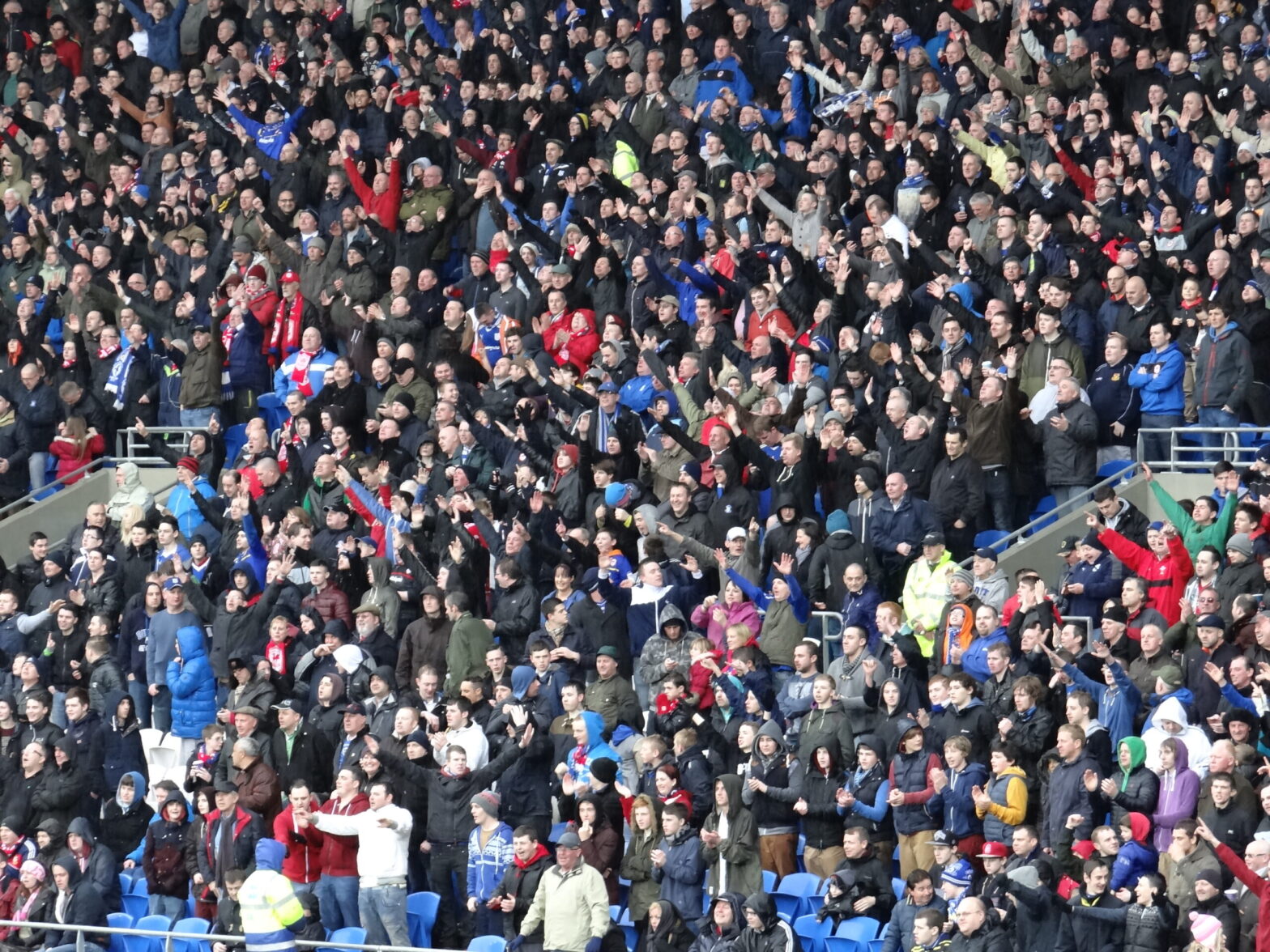
Fans are being warned they face being banned from football matches – and next year’s Men’s European Championships – if they commit tragedy-related abuse as prosecutors publish additional guidance this week.
The Crown Prosecution Service has updated its prosecution guidance on football related offences which reconfirms that tragedy-related abuse can be prosecuted as a public order offence. The guidance, which assists prosecutors when making legal decisions on cases, set out how lawyers can apply for Football Banning Orders which not only stop fans attending matches, but also can impose other restrictions, such as not being able to travel to certain areas, or be allowed in pubs at game time and travel during tournament times.
What Is “Tragedy-Related Abuse?”
Tragedy-related abuse is when fans sing, chant or gesture offensive messages about disasters or accidents involving players or fans – including references to the Hillsborough Disaster, Munich Air Crash, Bradford Fire, Leeds fans killed in Istanbul, or the death of Emiliano Sala in a plane crash.
In some instances, football tragedies such as Hillsborough or the Munich air disaster (and sometimes tragedies not related to football) may be referenced in a football context, directly or indirectly, in such a way as to amount to abusive or insulting words or behaviour.
Such conduct may amount to an offence under the Public Order Act 1986, notably under section 5 (harassment, alarm or distress) or section 4A (intentional harassment, alarm or distress).
Although a decision whether to charge and, if so, what to charge will depend on the facts of each case, prosecutors have been instructed to bear in mind the following:
- References may be verbal (for example, in chants), in writing (for example, on signs, flags or shirts) or by way of gestures.
- Whether references to tragedies are abusive or insulting will depend on the words used and the circumstances in which they are used. References will often be widely understood and their meaning will not be in dispute, but if the meaning of the reference is disputed by the defence the prosecutor should liaise with a Football Lead for advice.
- Where a reference is abusive or insulting, this can itself be evidence of an intent to cause harassment, alarm or distress, as required for section 4A offences.
- Proof that a person has caused harassment, alarm or distress, as required for a section 4A offence, does not necessarily require evidence from that person; it may be provided, for example, by evidence from a person who witnessed the harassment, alarm or distress, such as a police spotter at a match.
- If it is not possible to obtain evidence that a person was caused harassment, alarm or distress, the section 5 offence requires proof only that a person was likely to be caused harassment, alarm or distress.
If you are facing investigation or prosecution for a sport-based incident, you must contact us as soon as possible so that we can properly advise you on your options.
There are no circumstances under which you should agree to be interviewed by police other than in the presence of a solicitor.
How Can We Help?
Here at Broadbents Solicitors, we ensure we keep up to date with any changes in legislation and case law so that we are always best placed to advise you properly. If you would like to discuss any aspect of your case, or are in need of a criminal solicitor, please give us a call on Alfreton: 01773 832 511, 01332 369 090 and Heanor: 01773 769 891. We also have an online enquiry form that you can complete, and a member of our team will be in touch shortly.
Image credit: “Canton Stand Chant” by joncandy is licensed under CC BY-SA 2.0.




